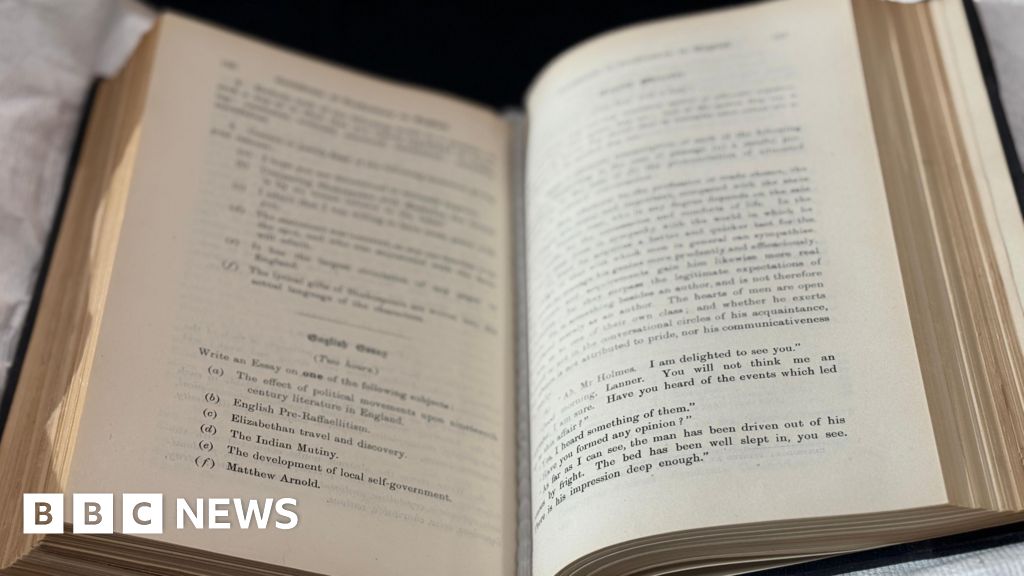Here is the plain text result:
Do you remember the feeling of sitting an exam? The halls crammed with desks and the sound of the ticking clock. Cambridge University Press and Assessment (CUP&A), one of the UK’s biggest exam providers, has been setting papers since the 1850s and its English exams have now been taken by more than 100 million people around the world. But today’s exam is very different to that very first paper.
In 1913, three people sat down to take the first Cambridge English exam. They were all teachers and all of them failed. By the 1950s, there had been requests for the English exam to offer translation questions in dozens of different languages, ranging from Arabic to Vietnamese.
The Cambridge English exam has continued to evolve. There are now different versions tailored to the needs of schools, higher education, and businesses. More than 100 million people across 130 countries have now sat our English exams. They’re recognised by more than 25,000 organisations from governments – which use them for immigration purposes – to employers and universities.
Today, the exams are also available digitally and artificial intelligence (AI) is being used to create adaptive tests. “In simple terms, the next question you’re served up depends on how well you answered the previous one,” says Mr Cook. “And by offering a range of slightly more difficult and then easier questions as you go through, the technology will help to find your level.
CUP&A insists that its approach is as much about continuity as innovation. Examiners and AI work together in marking and setting content for the exams, so we harness the strengths of both the human being and the machine.
Here are the correct answers to the 1913 exam questions:
(a) This is a split infinitive which would have been considered wrong. It should have said “to improve seriously”.
(b) This is a hanging participle. It should have read “Shakespeare is by no means inferior to Aeschylus”. Now we would say “Shakespeare is just as good as”.
(c) Wrong tense. It should be “to make peace”.
(d) “Would admit” not “Will admit”.
(e) Correct
(f) Correct
Source link




